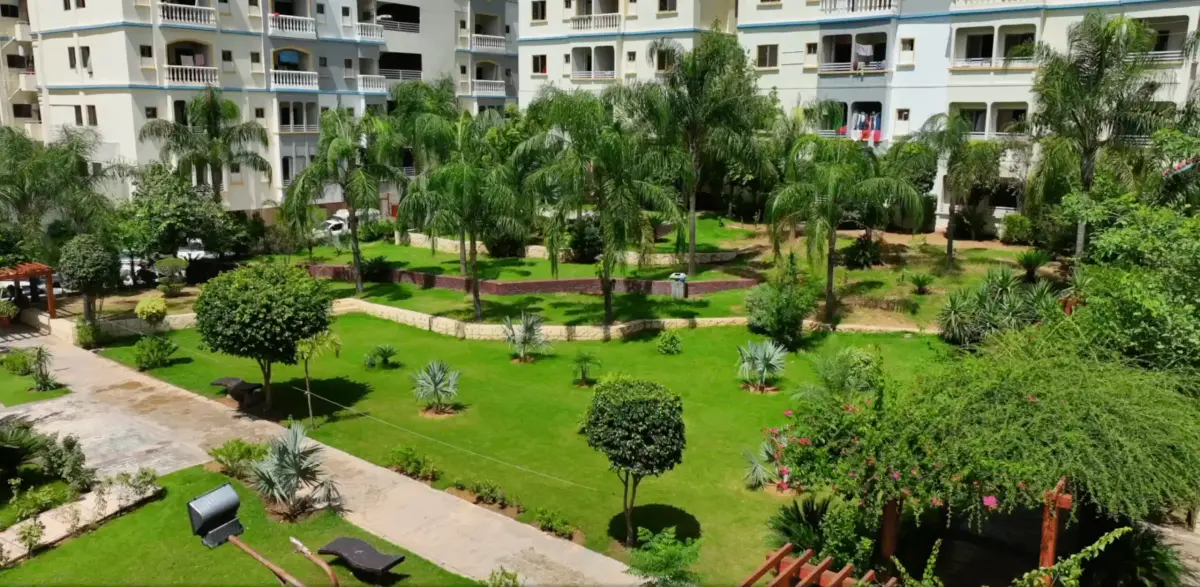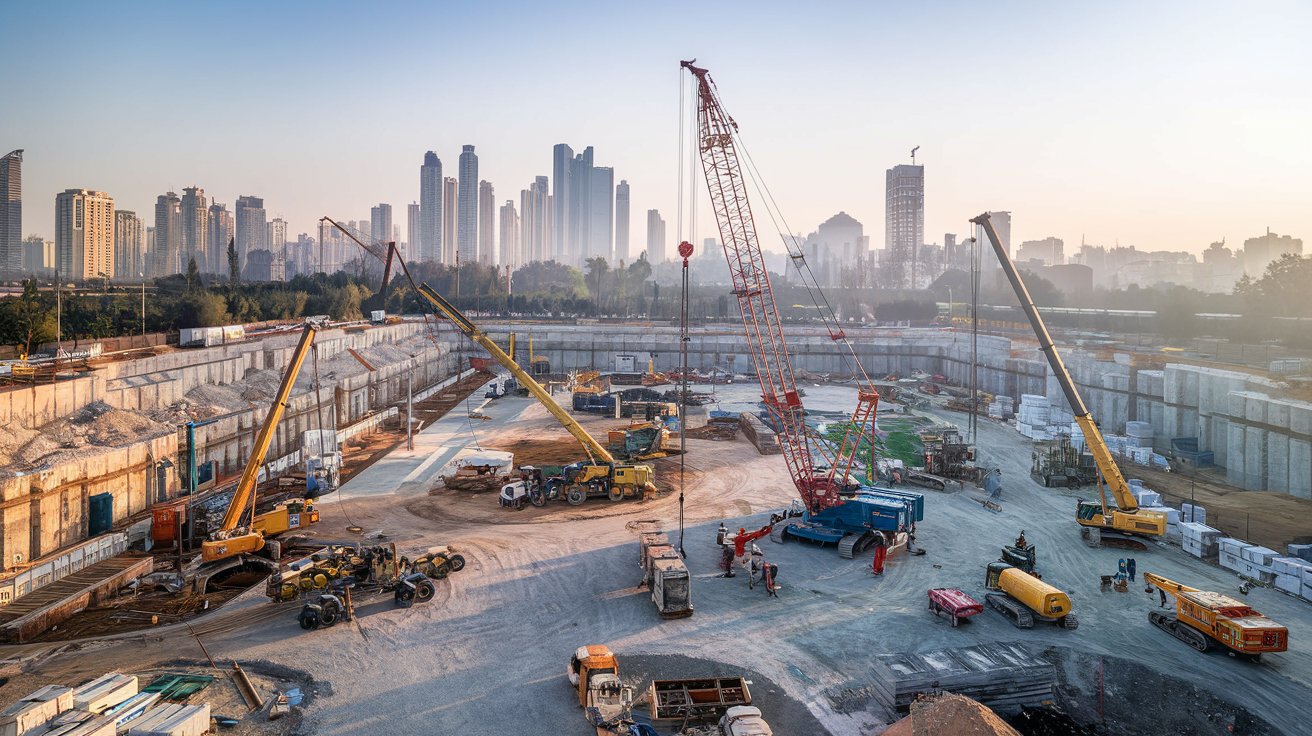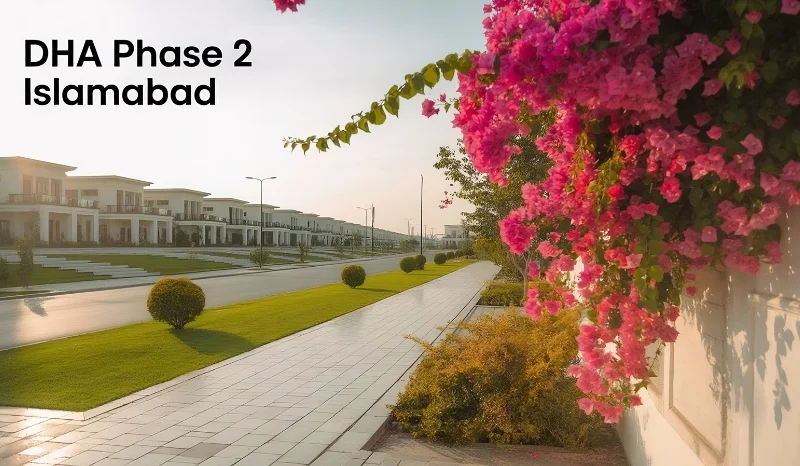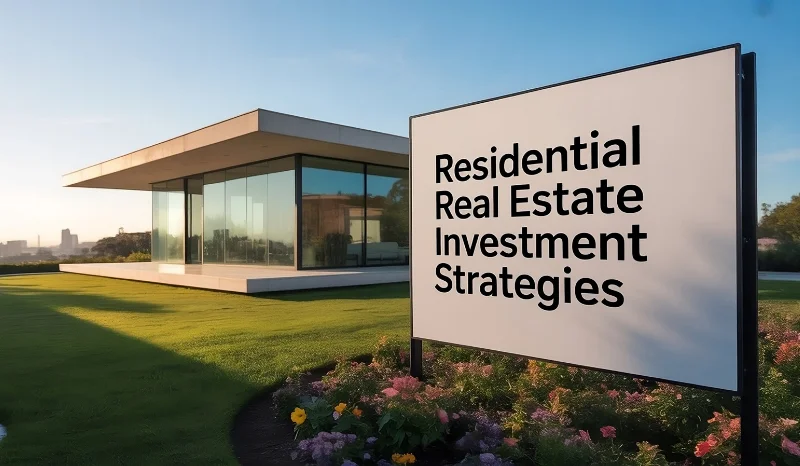Introduction: a living model of urban sustainability
Sustainability in Giga City is not a distant ideal. Instead, it has become a tangible reality that informs design choices, everyday operations, and long-term planning across the development. At its simplest, sustainability means meeting present needs while ensuring future generations can meet theirs. As such, it balances economic opportunity, environmental care, and social well-beingg so that resources are used wisely and shared fairly. In Giga City Islamabad, this balance has been translated into concrete action by Giga Group, a developer that began life in 1956 as a textile concern and has since evolved into a leader in progressive real estate. Given that buildings consume nearly 49.2 percent of residential energy in Pakistan and the country faces mounting climate pressures, Giga Group has shown how high-quality living and responsible development can coexist.
Pakistan’s sustainability challenge and the Giga Group response
Pakistan is at an environmental turning point. Buildings account for more than 43.7 percent of the nation’s energy use, while rapid urban growth and climate impacts are stressing infrastructure. The Green Building Code of Pakistan 2023 sets important standards, yet implementation remains uneven because of funding and institutional constraints. Therefore, Giga City Islamabad matters. Rather than wait for regulations to push change, Giga Group has pursued a proactive path. Sustainability in Giga City is more than compliance. It involves rethinking how urban space supports people and the planet, and embedding environmental responsibility into every stage of development so that projects return value while improving quality of life.
Awards and recognition that validate the approach
Recognition has followed results. On World Environment Day 2024, Giga Group received the Water Conservation Award at the Pakistan Environmental Awards and Conference. The award highlighted initiatives such as rain recharge wells, rainwater harvesting systems, eco-friendly landscaping, and community-oriented CSR programs. Moreover, the presence of former Prime Minister Shahid Khaqan Abbasi at the ceremony underscored the national significance of these efforts. In addition, Giga Group won the RCCI High Rise Development Technology Award in 2022, showing that sustainability in Giga City goes hand in hand with construction innovation. Together, these honors place Giga City Islamabad among the country’s most notable sustainability success stories.
A 3.62 MW solar program that changes the energy equation
Perhaps the most visible pillar of sustainability in Giga City is the large-scale solar program. With an installed and planned capacity of 3,623 kW, this private sector initiative is among the largest of its kind in Pakistan. The installations are spread across multiple developments. Giga Mall hosts 1,712 solar units producing 949 kW in total. Defence Executive Apartments contribute 172 kW from their combined units. Lignum Towers produces 213 kW through 391 panels. Looking ahead, Goldcrest Views will add a major residential solar capacity: seven blocks with 600 units each, together supplying 2,289 kW. As a result of these measures, electricity consumption has fallen by roughly 30 percent, solar provides about 25 percent of total energy needs, and annual energy costs are projected to fall by around 30 percent. Put simply, renewable energy in Giga City Islamabad is both an environmental imperative and a practical economic decision.
Advanced water conservation and management systems
Energy is only part of the story. Water scarcity is urgent in Pakistan, and Giga Group has invested heavily in systems that increase resilience. More than USD 144,000 was invested at Giga Mall and USD 71,000 in residential areas for water infrastructure. Rainwater harvesting systems capture rooftop and open area runoff, channel it into underground tanks, and filter it through multiple stages for reuse in landscaping and sanitation. These measures have cut residential water costs by 7 to 8 percent, and Giga Mall’s water savings are around 2 to 3 percent. In addition, groundwater recharge wells strengthen the local aquifer. Three deep recharge wells are already operational, and ten more are planned over the next three years. Further, AC condensate recycling repurposes condensate for cooling towers and cleaning, reducing fresh water demand by up to 50 percent in certain applications. Together, these steps make water management in Giga City Islamabad both innovative and practical.
Creating Pakistan’s first naturally fragrant community
Sustainability in Giga City also focuses on human well-being. In 202,3, Giga Group launched a large-scale fragrance plantation campaign. To date, 35,246 fragrant plants have been planted across the development. Roses, jasmine, and motia provide seasonal scents that enhance public spaces and support pollinators. In addition, 10,000 pest repellent plants such as mint and tulsi reduce dependence on chemical repellents. Indoors HVAC HVAC-integrated scent diffusers distribute essential oils in malls, lounges, restrooms, and corridors with automated controls that respond to foot traffic and time of day. As a result, the community benefits not only from ecological gains but also from improved sensory and mental well-being.
Green infrastructure that cools and connects urban life
Green infrastructure in Giga City Islamabad serves multiple functions. Rooftop gardens, vertical greenery, and sky parks reduce the urban heat island effect, improve air quality, and create habitat corridors that support biodiversity. Climate-controlled pools and carefully designed landscaping create cooler microclimates so that outdoor areas are comfortable for residents and visitors. Therefore, green spaces in Giga City are both aesthetic and functional.
Waste management that embraces circular economy principles
Sustainability in Giga City extends to waste systems that promote reuse and recycling. Digital directories and mobile receipts reduce paper waste. Organic waste is composted and then used for urban farming and landscape maintenance. Retailers are encouraged to phase out single-use plastics. Smart waste collection systems improve sorting efficiency and reduce contamination, helping close the loop on materials and lower disposal costs.
Smart building systems and construction innovation
Technology drives many efficiency gains in Giga City Islamabad. Smart building automation, IoT-based energy monitoring, and predictive maintenance combine to reduce building energy consumption by about 30 percent. Building Information Modeling has cut construction waste by 40 percent, while modular construction techniques have reduced waste and lowered carbon emissions by roughly 25 percent. These systems are monitored and refined continuously, so environmental performance improves over time.
Social and economic benefits for the community
The gains from sustainability in Giga City are social as well as environmental. More than 28,500 people enjoy cleaner air, greener open spaces, and improved wellbeing. The developments have created 225 jobs across operations, maintenance, and technical roles. Property values show a solid upward trend with increases of around 15 percent per year. Commercial spaces record occupancy rates near 90 percent, and local business revenue has risen by about 30 percent since the development. Integrated planning has also shortened resident travel times for essential services by roughly 20 percent, which improves daily life while lowering emissions.
Scaling the model beyond the city into rural Pakistan
The vision does not stop at Giga City Islamabad. Giga Group plans to export its expertise to rural areas by installing 48solar-poweredd tubewells in regions such as Tharparkar, Cholistan, and Washuk. These projects pair deep solar-powered wells with reverse osmosis filtration and drip irrigation, and include community training so locals can operate and maintain the systems. Consequently, these interventions aim to transform water access and enable sustainable agriculture in water-stressed regions.
Conclusion: a replicable blueprint for Pakistan’s future
Sustainability in Giga City is a proof point that urban progress and environmental stewardship can be mutually reinforcing. With 3.62 MW of solar capacity, robust water conservation measures, fragrant green landscapes, and smart building practices, Giga City Islamabad sets a new national benchmark. As Pakistan faces climate change, water scarcity, and rising energy demand, the Giga Group approach offers a tested pathway to sustainable, prosperous, and healthy urban living. In short, Giga City is more than a development. It is a replicable model for the future.






